I don’t know about you but I love the moment a new catalogue is released from the publisher; shiny and new, full of so much potential. A few weeks ago, we were all oohing and ahhing over the latest Canongate catalogue on Twitter which gave me an idea for a feature. Each week, I will delve into a new catalogue and pick out my highlights. Hopefully I’ll get to read them sometime and we can all see if my spidey sense was right or not!
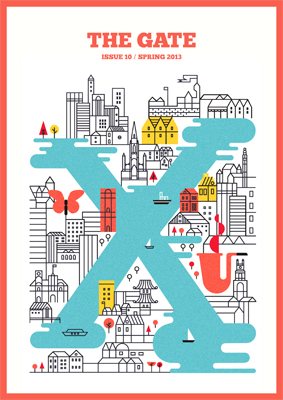
So first up, The Gate issue 10 which is Canongate’s Spring 2013 catalogue. Hard to believe it’s nearly 2013, right? The cover itself is fresh and playful, with a great big roman numeral 10 (just in case you were having a blonde moment with that X). If I count correctly (big if) there are 17 new releases and a selection of monthly paperbacks on offer, with 7 of these immediately jumping out at me.
 Fish Change Direction in Cold Weather by Pierre Szalowski
Fish Change Direction in Cold Weather by Pierre Szalowski
January: paperback / ebook
The title instantly caught my attention; I’m a sucker for odd titles. I also like the graphic fishy cover design but most importantly, the story sounds intriguing.
When his parents split up and his dad leaves home, a ten-year-old boy begs the sky to help him. The next day an ice storm covers his city. Then the power goes out, the temperature drops, and people must turn to each other to survive.
But for one neighbourhood the catastrophe brings surprising new beginnings. Julie, the dancer who lives across the street, helps an eccentric Russian mathematician named Boris save his fish from the cold weather. And the urbane Michel and Simon open their door to their bad-tempered neighbour Alexis and his son. But will the ice storm bring the boy’s parents back together?

The Goddess Chronicle by Natsuo Kirino
January: hardback / ebook
I was pretty sad that there wasn’t a new Canongate Myth this year and was worrying that there’d be no more. But never fear, January brings us a new myth from Natsuo Kirino. I will admit that I have had a copy of Out for years but never read it, although I know enough to be excited. Well, I’d be excited by any new Myth. I just love the concept of the series and I still have a few in reserve, if they should stop *sob*.
In a place like no other, on an island in the shape of a tear drop, two sisters are born into a family of the oracle. Kamikuu, with creamy skin and almond eyes, is admired far and wide; Namima, small but headstrong, learns to live in her sister’s shadow.
On her sixth birthday, Kamikuu is presented with a feast of sea-serpent egg soup, sashimi and salted fish, and a string of pure pearls. Kamikuu has been chosen as the next Oracle, while Namima is shocked to discover she must serve the goddess of darkness. So begins an adventure that will take Namima from her first experience of love to the darkness of the underworld. But what happens when she returns to the island for revenge?
Natsuo Kirino, the queen of Japanese crime fiction, turns her hand to an exquisitely dark tale based on the Japanese myth of Izanami and Izanagi. A fantastical, fabulous tour-de-force, it is a tale as old as the earth about ferocious love and bitter revenge.

Mastermind: How to Think Like Sherlock Holmes by Maria Konnikova
February: hardback / ebook
I think most of us have enjoyed the BBC’s modernised verison of Sherlock but I’ve also been surprised by some popular psychology books recently. So this combines the two and either will be facsinating or meh…worth the risk!
What is it that separates Sherlock Holmes from his long-suffering friend and side-kick Dr John Watson? What makes Holmes such a superior detective, able to piece together clues and solve problems that seem elementary to Watson only in hindsight? And can we – most of us Watsons ourselves – ever harness a bit of Holmes’ extraordinary powers of mind, not to solve crimes, but simply to improve our lives at work and home?
The answer is yes, and in “Mastermind”, psychologist Maria Konnikova shows us how. Using plots and passages from the wonderfully entertaining Holmes stories, she illuminates how Arthur Conan Doyle’s detective embodies an ever-present mindfulness, and how this active mental disposition proves foundational to his success. Beginning with Holmes’ concept of the ‘brain attic’ – a metaphor for the information we choose to store in the mind and how we organise our knowledge, Konnikova unpacks the mental strategies that lead to clearer thinking and deeper insights. Moving through principles of logic and deduction, creativity and imagination, “Mastermind” puts 21st century neuroscience and psychology in service of understanding Holmes’ methods. With some self-awareness and a little practice, we can all employ these methods to develop better strategies, solve difficult problems and enhance our creative powers.
 The Specimen by Martha Lea
The Specimen by Martha Lea
February: hardback / ebook
I probably don’t read enough fiction set in Victorian times but it is a fascinating era and I really do enjoy it as a historical setting. So the combination of Darwinism and crime definitely piques my interest…
The year is 1866. Edward Scales is a businessman, a butterfly collector, a respectable man. He is the man Gwen Carrick fell in love with seven years before. Now he is dead and Gwen is on trial for his murder. From country house drawing rooms to the rainforests of Brazil, “The Specimen” explores the price one independent young woman might pay for wanting an unorthodox life. Set in a Victorian world battling between the forces of spiritualism and Darwinism, polite society and the call of clandestine love, Gwen and Edward’s tale is a gripping melodrama, a romance and a murder mystery that will compel readers to its final thrilling page.
A Tale for the Time Being by Ruth Ozeki
March: paperback / ebook
I caught author Stephen Hall discussing this one on Twitter before I saw the catalogue. It’s either going to blow me away or confuse me completely!
Ruth discovers a Hello Kitty lunchbox washed up on the shore of her beach home. Within it lies a diary that expresses the hopes and dreams of a young girl. She suspects it might have arrived on a drift of debris from the 2011 tsunami. With every turn of the page, she is sucked deeper into an enchanting mystery.
In a small cafe in Tokyo, sixteen-year-old Nao Yasutani is navigating the challenges thrown up by modern life. In the face of cyberbullying, the mysteries of a 104-year-old Buddhist nun and great-grandmother, and the joy and heartbreak of family, Nao is trying to find her own place – and voice – through a diary she hopes will find a reader and friend who finally understands her.
Weaving across continents and decades, and exploring the relationship between reader and writer, fact and fiction, A Tale for the Time Being is an extraordinary novel about our shared humanity and the search for home.
The Crane Wife by Patrick Ness
April: hardback / ebook
An adult novel by Patrick Ness! Of course I want to read this!
One night George Duncan is woken by a noise in his garden. Impossibly, a great white crane has tumbled to earth, shot through its wing by a giant arrow. Unexpectedly moved, he helps the crane, and from the moment he watches it fly off, George’s life is transformed. The next day, he meets and falls in love with the enigmatic Kumiko. It is a passion that burns hot as a volcano. But this passion comes at a terrible price.
Wise, magical, romantic and funny, The Crane Wife is hugely entertaining. A celebration of the disruptive and redemptive power of love and a hymn to the creative imagination, it is a completely enchanting novel.
The Humans by Matt Haig
May: hardback / ebook
I enjoyed Matt’s writing style in The Radleys and have been meaning to read more of his work. The description is ambiguous but exciting; will be interesting to see what it’s like.
This book is set right here on Earth, though, like all things, involves the entire cosmos too. It is about the meaning of life and nothing at all. It is about what it takes to turn down the chance of eternity. It is about matter and anti-matter, hope and hate. It is about a forty-one-year-old historian called Isobel and her fifteen-year-old son Gulliver and the cleverest mathematician in the world.
It is about how to become a human. This book, in short, is about you.
Catastrophic, mortal, wonderful you.
Descriptions are taken direct from the catalogue and do not represent my opinion. Though I do hope to review as many as these as possible. What about you? Do any of these take your fancy or are there other Canongate titles you’re looking forward to in 2013?
If you’re a publicist with a catalogue you’d like featured, please send me a link to the PDF or get in touch to send me a paper copy.
Related posts
1 Comment
Leave a ReplyCancel reply
This site uses Akismet to reduce spam. Learn how your comment data is processed.
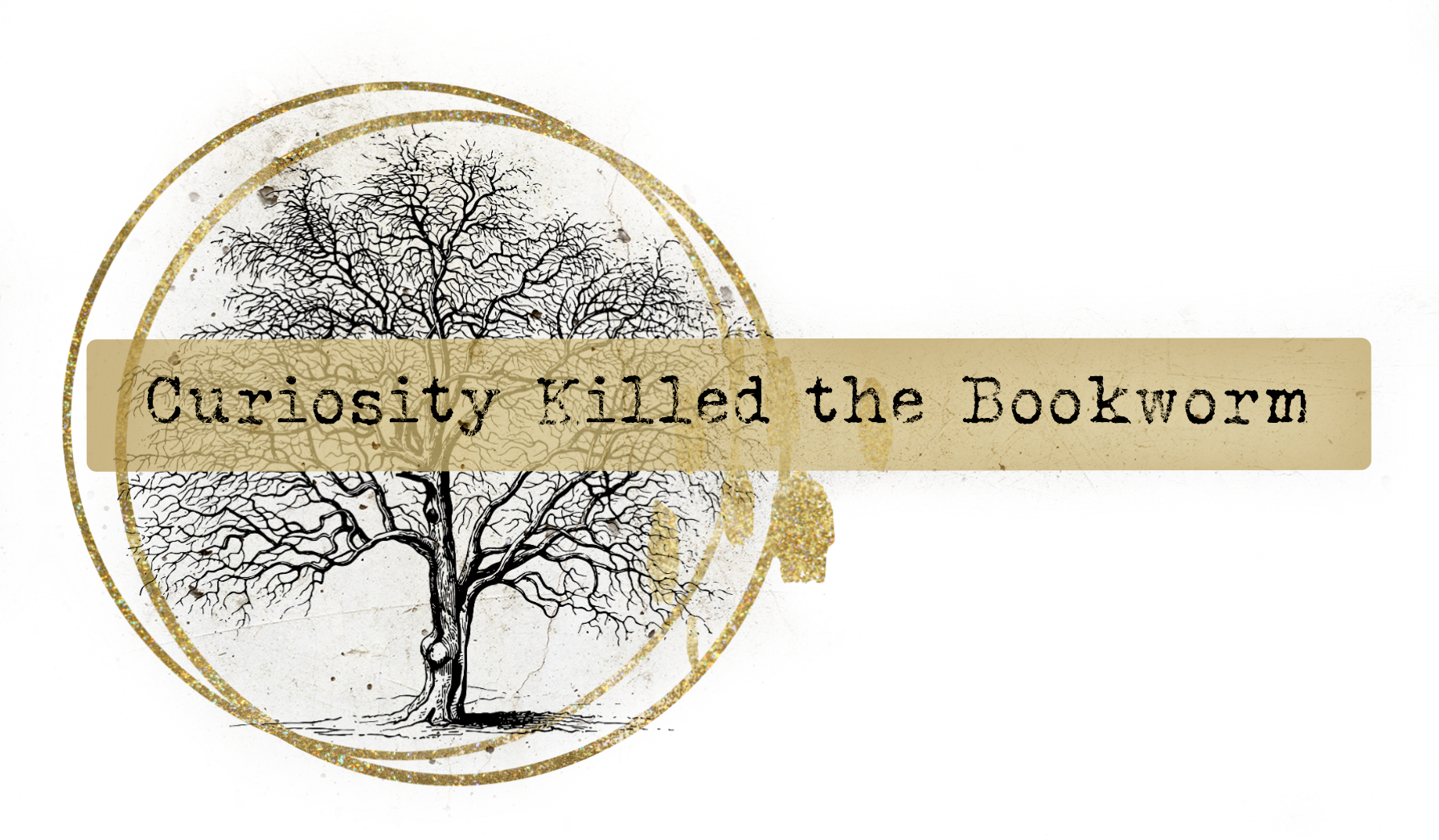
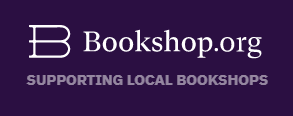
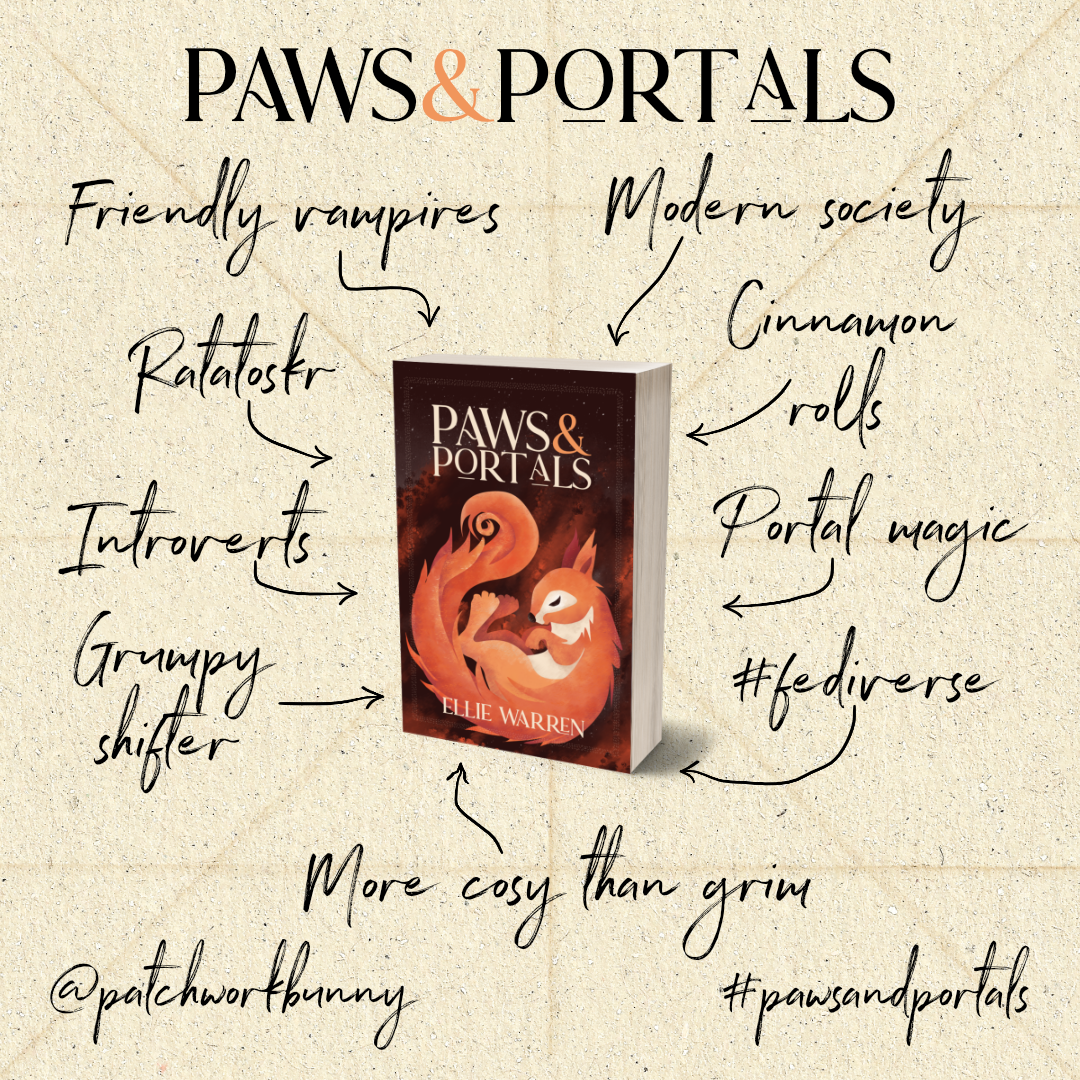


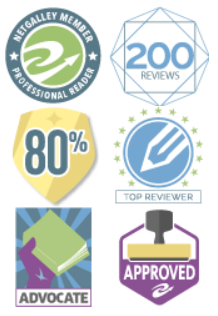
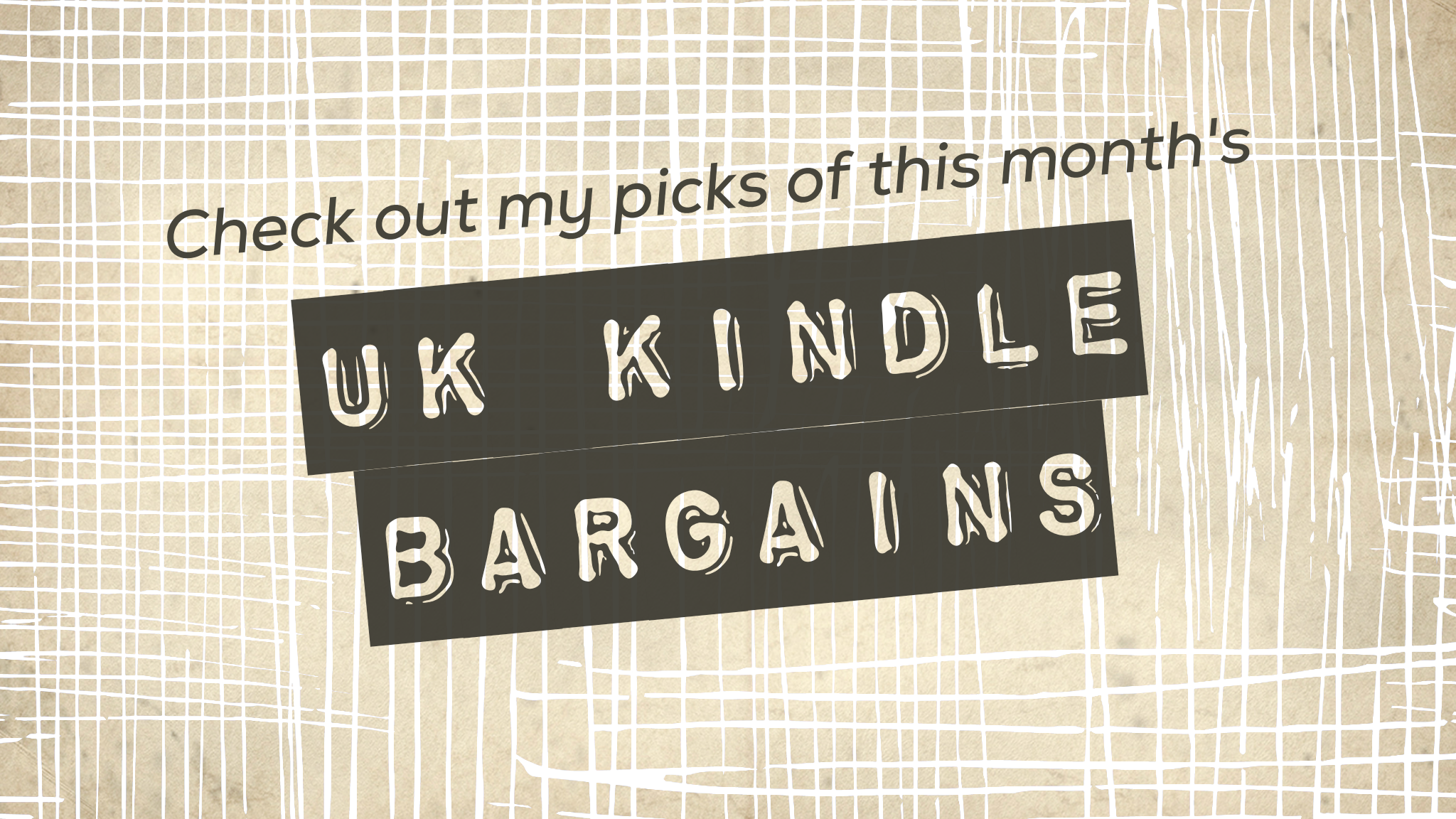
It's a good thing that I don't receive these bookish catalogues, because I fear the damage they would bring to my bank account 😉 Seriously pretty covers and good titles! I'm waiting for the e-galley for The Specimen to become available, it sounds really good!